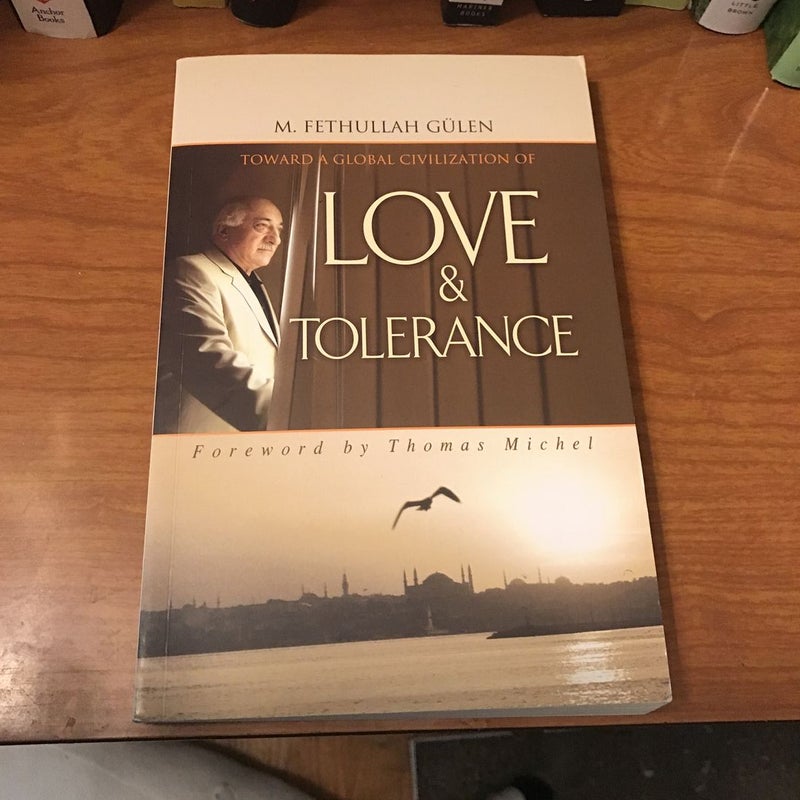In an era fraught with discord and polarization, the Bahá’í teachings present a transformative blueprint for a global civilization rooted in love and tolerance. This paradigm shift invites us to ponder: What if we could transcend the archaic constructs of division and conflict? What if a new world, characterized by unity and cooperation, was not only aspirational but achievable? However, this transition from an old to a new civilization is not without its challenges. The inquiry that beckons us is, can we collectively cultivate this new reality, or will we continue to be ensnared in the confines of our existing paradigms?
The fundamental principles of Bahá’í teachings advocate for the oneness of humanity—a tenet that underscores the innate connection among all people, regardless of race, creed, or nationality. This doctrine serves not merely as an ethical guideline but as a catalyst for social change. To embark on the journey toward a global civilization, we must begin by reframing our worldview, embracing the understanding that diversity enriches humanity rather than fragments it. The challenge, therefore, lies in overcoming entrenched biases and fostering an ethos of inclusivity.
Moreover, the Bahá’í teachings elucidate the necessity of universal education. Knowledge—not merely the acquisition of information but a holistic understanding of the world—empowers individuals to participate meaningfully in society. Education cultivates critical thinking, empathy, and a sense of responsibility toward others. By prioritizing educational initiatives that promote ethical and moral dimensions alongside intellectual growth, societies can groom global citizens equipped to contribute positively to the collective good. However, the disparity in educational access across different regions remains a significant obstacle. The question arises: how do we bridge this educational chasm to engender equality and opportunity for all?
In parallel with education, the principles of justice and equity play an indispensable role in the evolution of a global civilization. The Bahá’í perspective asserts that true justice transcends mere legalistic frameworks; it embodies a holistic approach that includes moral and ethical considerations in governance and interpersonal relations. In a world increasingly plagued by inequities, these teachings urge societies to foster systems that are intrinsically fair and just, thereby ensuring that every individual feels valued and heard. Nevertheless, dismantling existing power structures often meets with resistance. Thus, we must query: how can we foster dialogue and reconciliation in environments marred by historical injustices?
Spirituality is another cornerstone within the Bahá’í framework, emphasizing the importance of a profound connection to the divine and to one another. Spiritual development facilitates a nurturing environment conducive to personal growth and community cohesion. The teachable moments arise when individuals engage with their spiritual selves, reflecting on their purpose and the impact of their actions. This introspection can motivate a shift toward altruism, yet the challenge remains: how do we encourage individuals to embark on a spiritual journey while respecting diverse beliefs and practices?
Central to Bahá’í discourse is the concept of consultation, a methodology for collective decision-making that encourages diverse viewpoints and fosters mutual understanding. It is essential that individuals learn to consult effectively, recognizing that dissenting opinions are valuable contributions to the collective dialogue rather than sources of conflict. This practice not only cultivates respect and camaraderie, but it also enhances the quality of decisions made within communities. Yet, encouraging a culture of consultation requires a pivot from adversarial communication styles ingrained in many societies. The critical inquiry then becomes: how can we champion a consultative approach in contexts where competition often overshadows collaboration?
Additionally, the Bahá’í teachings stress the significance of service to humanity as a pathway toward personal fulfillment and collective advancement. Engaging in service transcends self-interest, creating bonds of interdependence that fortify communities. Programs that mobilize individuals into service-oriented initiatives can elicit transformative community engagement. However, the challenge is cultivating a genuine spirit of service without an underlying motive—be it political or personal gain. How can we instill a culture of selfless service in a world often driven by individualism and self-interest?
Furthermore, the Bahá’í vision for global civilization encompasses an urgent commitment to environmental stewardship. The relationships between humanity and the natural world are inextricably linked; neglecting the environment equates to neglecting our responsibility to future generations. Promoting sustainable practices and ecological awareness is paramount in shifting toward a new civilization that honors the earth. Yet, climate change and environmental degradation pose formidable barriers. Hence, we must inquire: how can we galvanize a global movement toward environmental responsibility in the face of daunting economic and political challenges?
In conclusion, the Bahá’í teachings provide profound insights and solutions for the challenges inherent in transitioning to a global civilization characterized by love and tolerance. The essence of this transition lies not merely in lofty ideals but in practical, actionable steps that involve education, justice, spirituality, consultation, service, and environmental stewardship. The transformative journey invites each individual to reflect, engage, and evolve, while embracing the underlying strength found in unity amidst diversity. Yet, the questions we pose today—concerning inclusivity, education, justice, spirituality, consultation, service, and environmentalism—force us to confront our realities. Will we answer the call toward this new civilization, or will fear and uncertainty hold us captive in the old? The choice remains in our hands, urging us toward a future defined by a collective spirit of love and tolerance.
